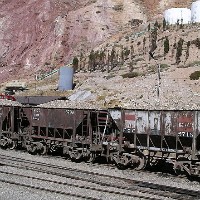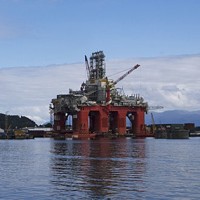
Peruvian Justice Minister Juan Jiménez’s appearance before the Inter-American Commission on Human Rights last week marked the latest challenge to President Ollanta Humala’s strategy of marrying mining-based growth with social development. Jiménez faced the commission Saturday to dispute a law proposed last year by local organizations concerned about environmental impacts from the $4.8 billion Conga gold and copper mine. Later this week, the country’s Constitutional Tribunal will also consider the constitutionality of a decision by the president of Cajamarca province, where the Conga mine is located, to declare the project “unviable.” Local communities argue that the mine will empty several […]

